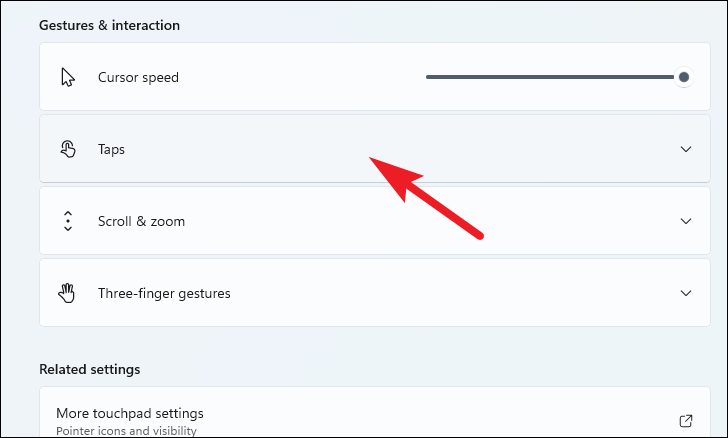

You can create an RFE for gnome-shell to support that functional WorkaroundĪs a hacky workaround you can build libinput yourself, and replace the line I referred tp->gesture.enabled = !tp->semi_mt & tp->num_slots > 1 Theoretically it should be possible to intercept event before getting to applications with gnome-shell, but there doesn't seem to be any "official" way to do that, so if extensions listed in comments didn't help you, seems you're out of luck here. So libinput doesn't allow to disable them. I hope someone has a good solution, this is driving me nuts.Īs of writing these words, grepping through libinput code shows there's only one assignment to gesture.enabled, in function tp_init_gesture, which is basically "if we can do gestures with that touchpad reliably, let's do them". I've read about changing to synaptics, but found nothing it its documentation which would answer my question either. I would like to find where in linux it processes the inputs from the touchpad and have it ignore those functions (I use the ctrl-shift-+ and - to zoom in and out. Device list-props doesn't show anything which would clearly be zoom or pinch or swipe functions. I've been reading for days on xinput and libinput. which takes me to another application or the desktop. A similar keyboard by 1byOne does better about not zooming but it likes to enter mouse cursor movements as swipes. It often works fine, but periodically zooms in. The Logitech K400+ likes to automatically zoom when I'm using two finger scroll. I have tried two, each has similar problems. I want to use a wireless keyboard with built in touchpad.

It is mainly used as an HTPC and to browse the web. I am using an Intel NUC with Ubuntu 20.04.


 0 kommentar(er)
0 kommentar(er)
